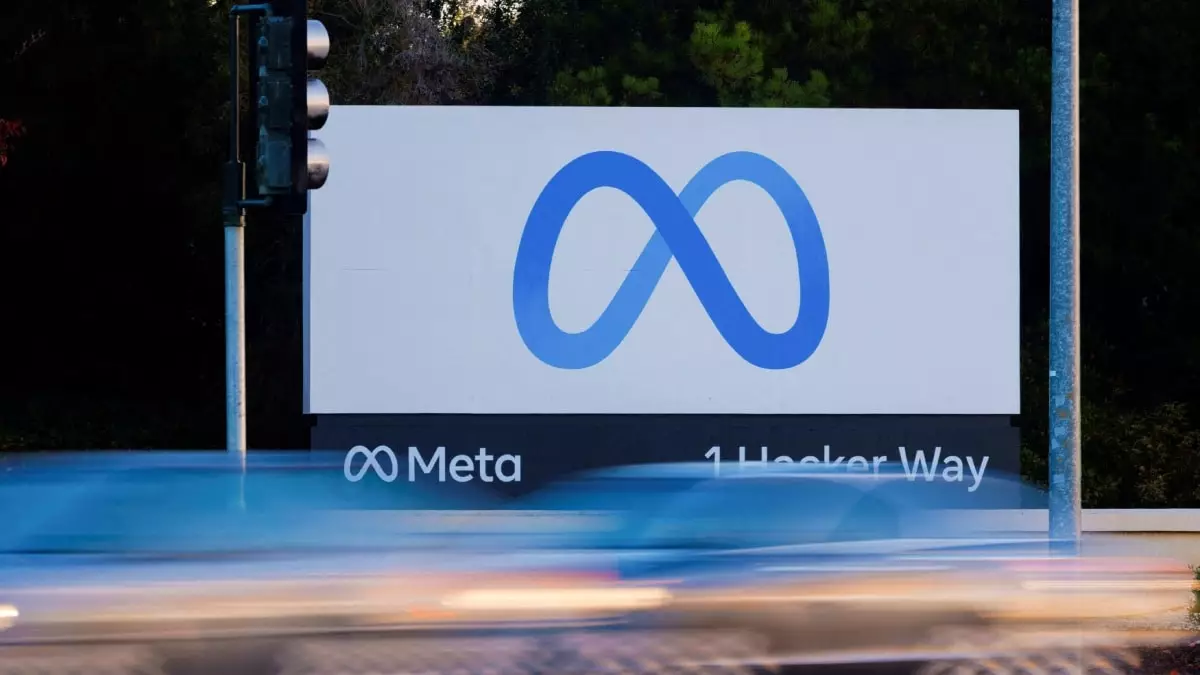In a notable clash between Brazil’s government and Meta Platforms Inc., the Solicitor General, Jorge Messias, has issued a directive compelling the tech giant to justify recent adjustments to its fact-checking initiative. This ultimatum, due by Monday, follows Meta’s controversial decision to eliminate its fact-checking framework in the United States while also loosening restrictions on discussions regarding sensitive subjects such as immigration and gender identity. The Brazilian government’s reaction is indicative of rising tensions surrounding the influence of social media on public discourse.
Concerns from the Brazilian Government
Messias articulated the government’s apprehensions, likening Meta’s approach to an “airport windsock” that shifts frequently depending on prevailing conditions in the socio-political landscape. His criticism highlights a fundamental issue: the inconsistency in Meta’s policy could leave Brazilian citizens vulnerable to misinformation. The Solicitor General emphasized that the nation would not allow itself to be subjected to erratic policies from a foreign corporation that has a significant impact on public information and opinion.
President Luiz Inácio Lula da Silva echoed these sentiments, describing the changes implemented by Meta as “extremely serious.” His administration is taking this issue seriously enough to convene discussions, signaling a proactive approach to safeguarding the integrity of information circulated within Brazil. By highlighting the severity of the situation, Lula’s administration aims to signal to both citizens and Meta that Brazil will not passively accept policy shifts that could endanger democratic discourse.
Meta’s decision to scale back its fact-checking and oversight can have profound implications, especially in a country like Brazil, where misinformation and inflammatory rhetoric can rapidly escalate into social division and unrest. The company’s CEO, Mark Zuckerberg, has stated that the shift was motivated by a desire to amend “too many mistakes” and reduce perceived censorship, yet critics argue such a dismissal of moderation may lead to an upsurge in false narratives amid crucial social debates.
In light of these developments, the Brazilian government seeks accountability from Meta, keenly aware that the dynamics of social media influence can have far-reaching consequences. The looming deadline puts Meta in a position where it must address a myriad of concerns that could alter its operational philosophy in one of the world’s largest democracies.
As Brazil prepares to confront Meta’s decisions, the dialogue around fact-checking and misinformation becomes increasingly vital. The Brazilian government’s assertive posture represents a broader trend of national governments seeking to reclaim control over digital spaces that foreign entities influence. The outcome of this confrontation may set a precedent for how countries worldwide will interact with major tech companies that wield considerable power over public discourse and societal values.


Leave a Reply
You must be logged in to post a comment.